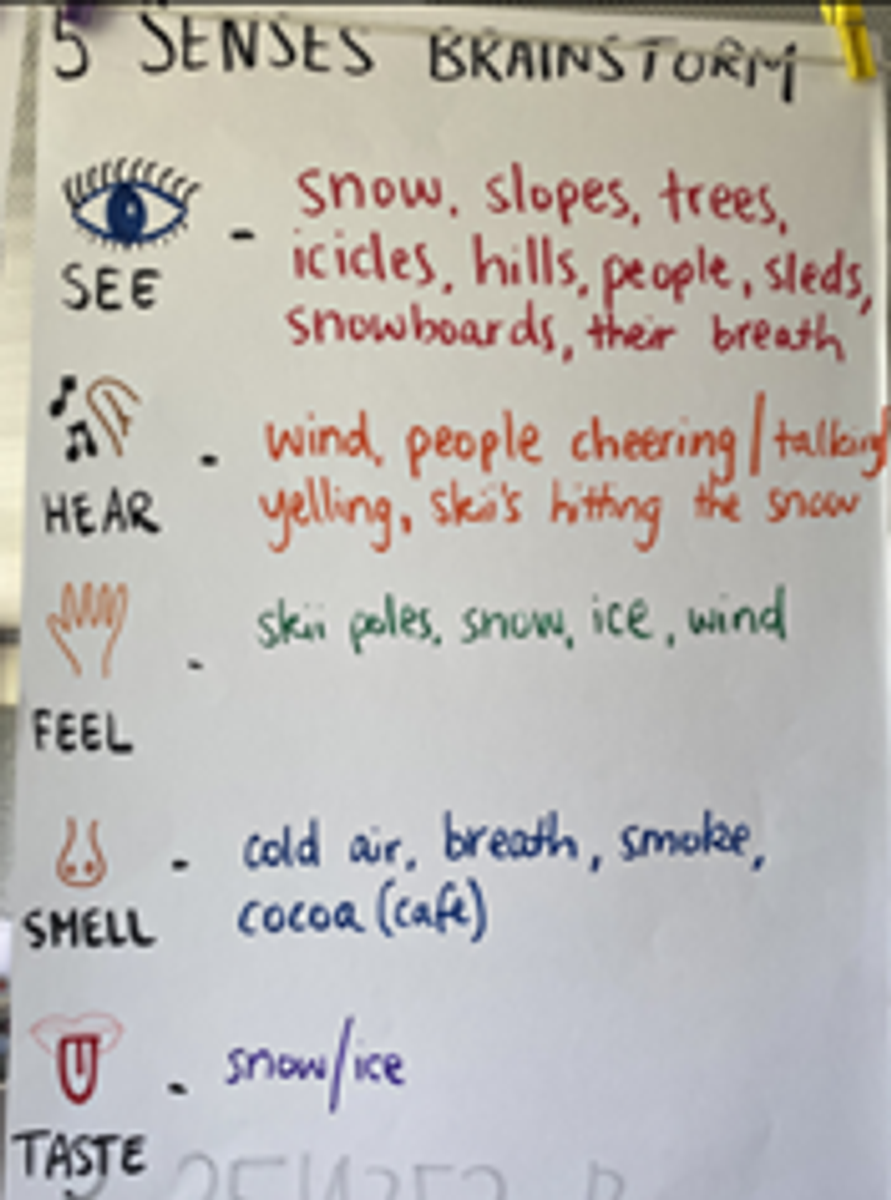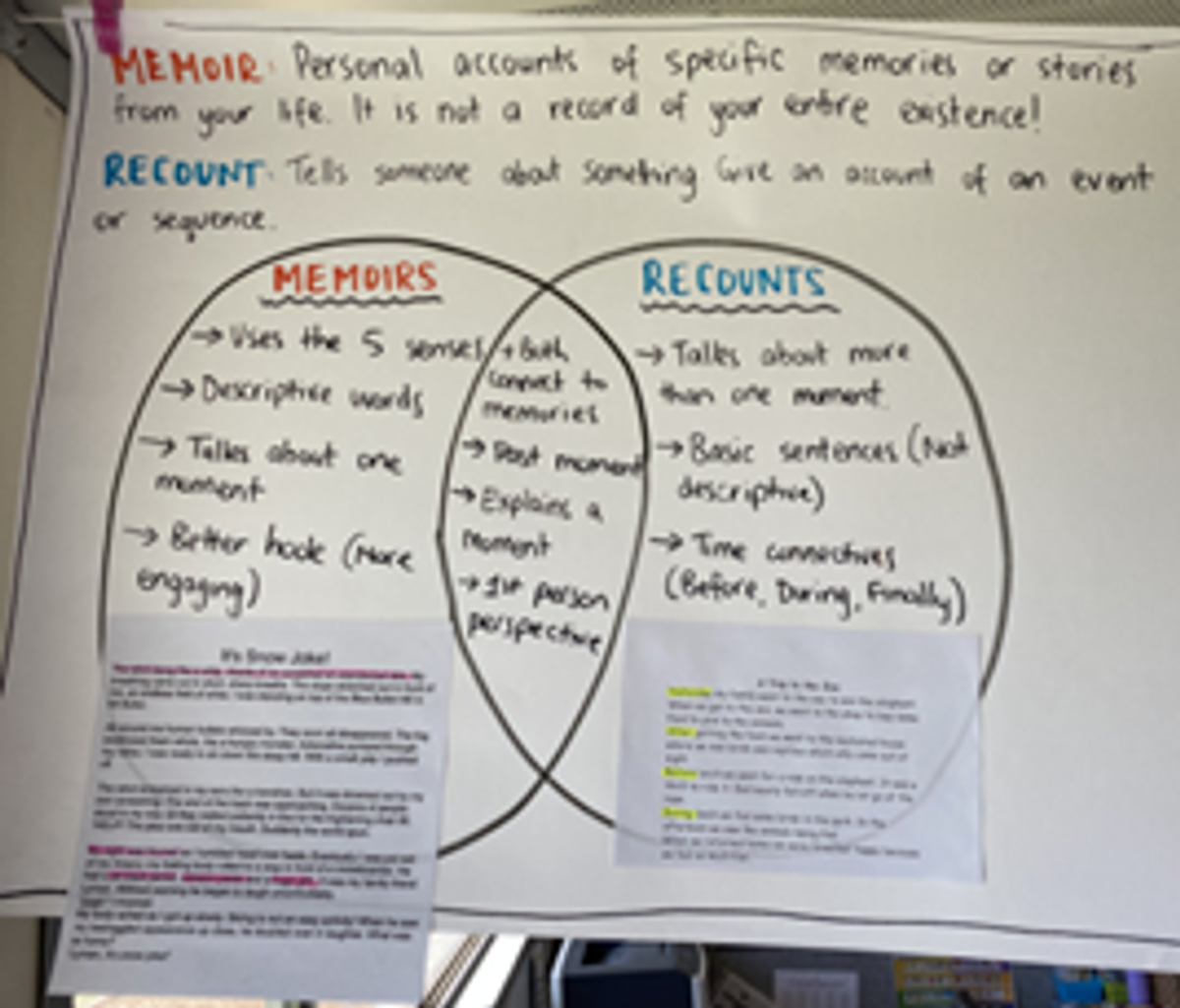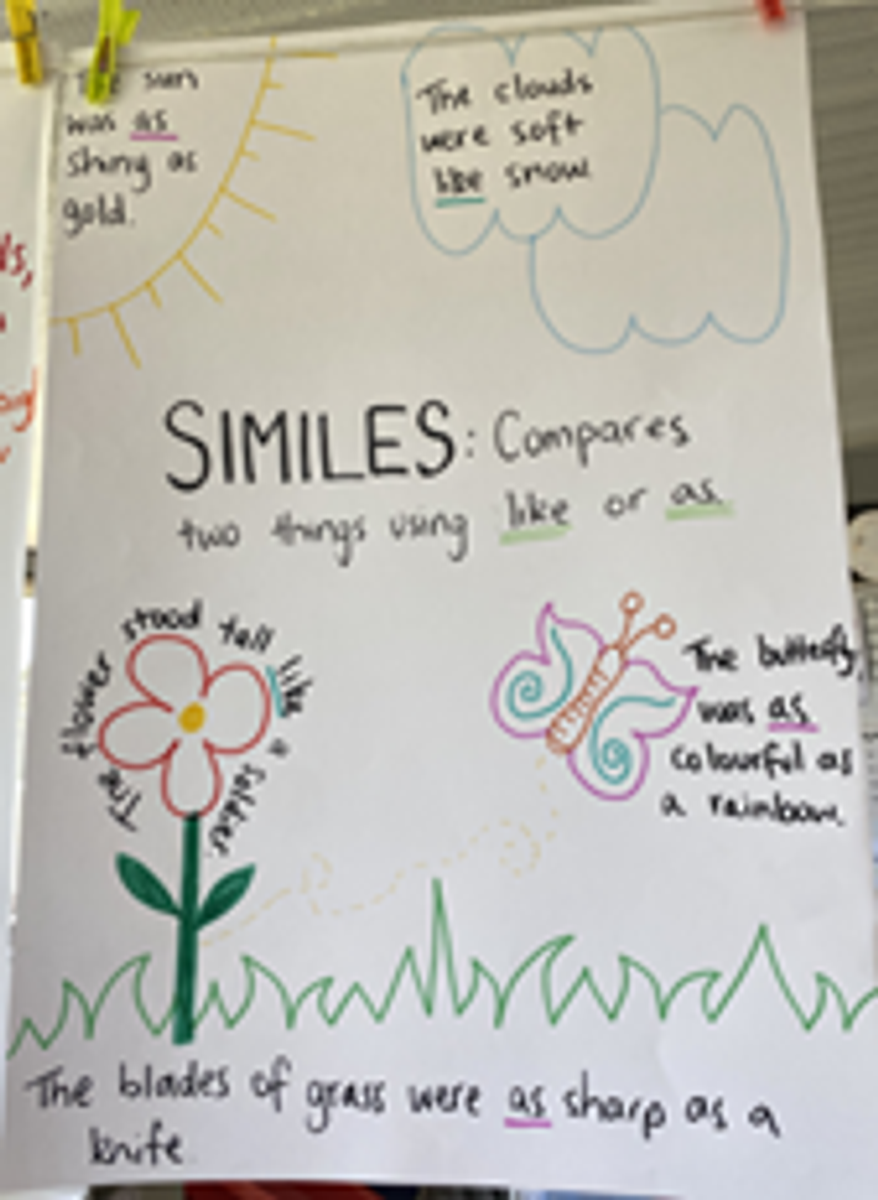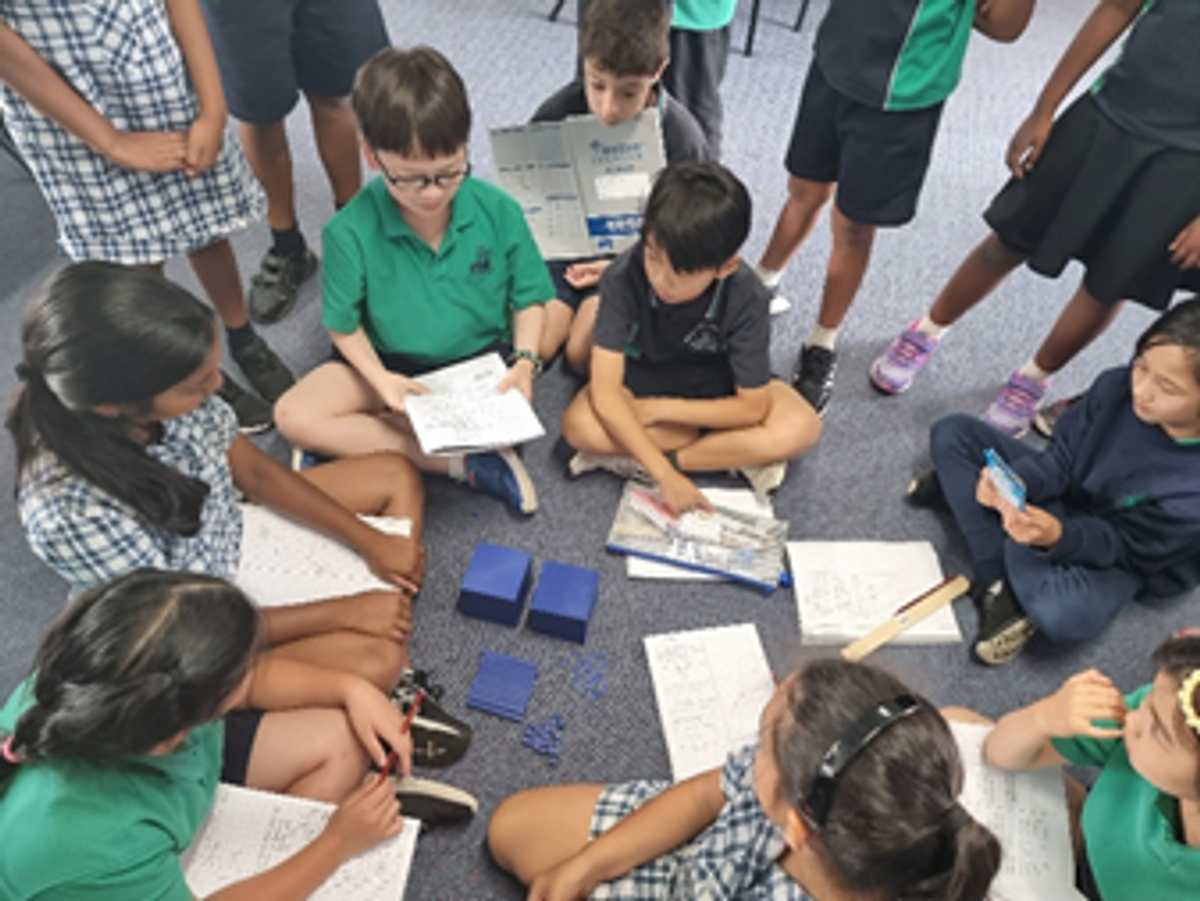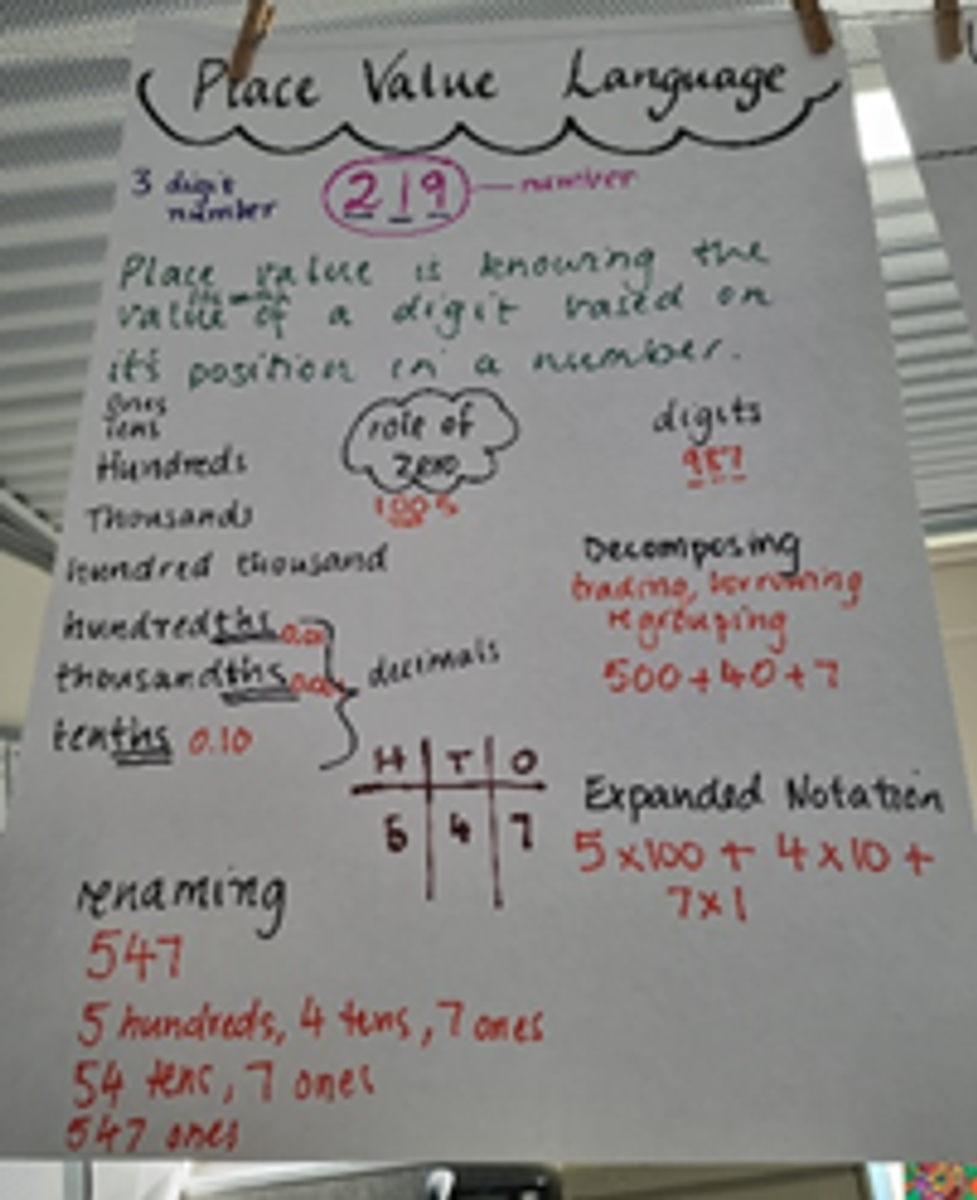Term 4 Overview
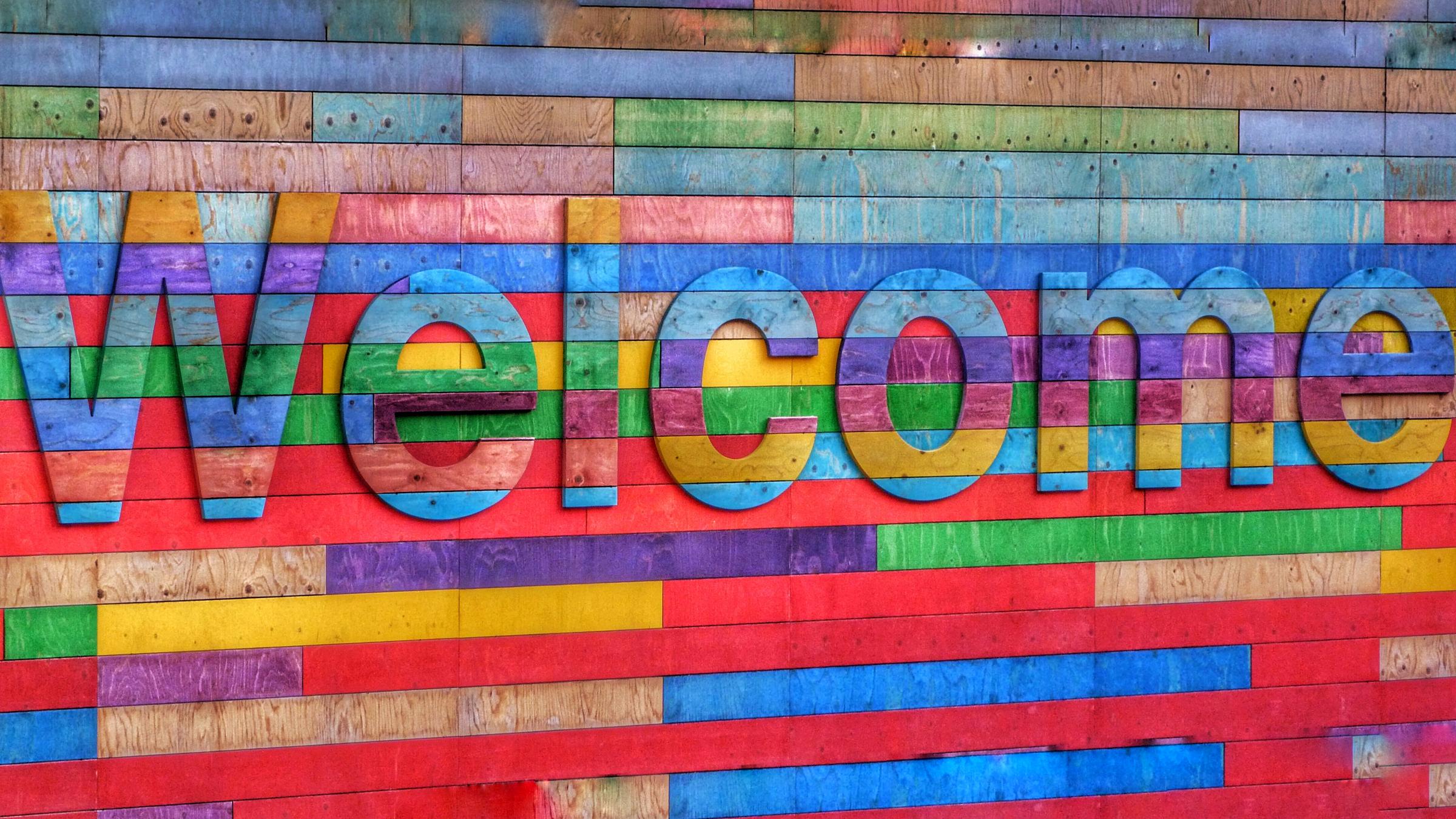
Inquiry
During inquiry learning this term, learners will be investigating the question, “How does the media impact our perceptions?” Looking through the lens of Health, Digital Technology and Personal and Social Capability, the children will be exploring, in particular, the impact of media on their emotional and mental health from a personal, local, national and global scale.
A key element of our inquiry will also involve transferring and thinking deeply about our Sustainable Development Goal 3 of “Good Health and Well-being”. We look forward to encouraging your children to think critically about the concepts of wellbeing and the media, as well as developing deep questions to be investigated as individuals and as a class.
To support your child at home, you may find the following tasks helpful:
- Share strategies or practices that you use to promote critical thinking and resilience when viewing or listening to the media
- Encourage and model healthy use of devices by balancing or limiting screen time
- Encourage positive self-talk and discuss your child’s experiences with technology
- Share your own experiences with technology and the media when you were at school
Social and Emotional Learning
Through the Glen Waverley Primary School preferred social and emotional development program, “You Can Do It!”. Our overarching themes for Term 1 in Level Four will be Getting Along and Resilience. We will be supporting our learners in transferring our YCDI Keys to Success (Confidence, Persistence, Organisation, Getting along and Resilience) and our School Values (Integrity, Respect, Initiative and Global Empathy) into our inquiry topic and their well-being. Integrating our inquiry learning with our social and emotional learning will provide exciting and powerful opportunities for our learners to create deep connections and reflect on our school values which we all aspire to and utilise to drive our daily practices.
At GWPS each learner has four goals in the areas of Reading, Writing, Mathematics and a Personal Social Emotional Goal. Goals are personalised with students to support growth, self-regulation and their next steps through conferences. Each goal is changed at least twice a term to ensure that we are building their skills, confidence and setting them up for success.
Writing
Our focus this term is to establish ourselves as authors as we create memoirs and narratives. When creating memoirs, your child will be required to think about a memory that has shaped their identity and expand this moment in their writing. During narrative writing their creativity will flow. They will learn to plant seeds, draft their story, edit their writing and publish their learning.
Here are a variety of ways to support your child at home:
- Help brainstorm ideas around their favourite moment, focusing on why it was so pivotal to them
- Discuss what the 5 senses are and how to utilise them in their writing
- Ask your child what their favourite themes are when writing stories (horror, comedy, fairy-tales, etc)
- Discuss ways authors help their readers visualise an image in their minds by their word choice
Reading
Our focus for Reading this term is on Comprehension, in particular analysing memoirs and contrasting and comparing them to recounts. The purpose of this is so that learners can transfer their understanding in reading to writing when creating a memoir. They will learn about the text features and the structure of memoirs and narratives to assist them with writing them.
To support your child with their reading at home, here are a few strategies:
- Ask your child what reading strategy they have used whilst reading their ‘Good Fit Book’
- Ask them questions about the books that they are reading. ‘What’s the problem in the story?’ ‘What is the main idea?’ ‘Can you retell the story to me?’ Etc.
Spelling
In Spelling, learners will continue to build on their self-regulation as they identify their personal spelling needs, analyse these words through a spelling inquiry and apply these new words in their writing. Each week learners will inquire and investigate various sound blends, spelling patterns, history/root origin (etymology), generalisations and exceptions.
Mathematics
In Mathematics, learners will deepen their thinking in a range of mathematical concepts, relating to the two dimensions of Mathematics: Number and Algebra as well as Measurement and Geometry. We will begin by further exploring place value as this is a pivotal foundation for our learners in order to reach success in other areas of Mathematics. We will also be covering the four operations and Volume and Capacity. For example, the children will learn:
- How to rename and decompose numbers
- How to apply place value to solve problems using the four operations
- How to calculate the perimeter, area and volume of various shapes and prisms
Below are some examples of strategies you can use to support your child at home:
- Practice using correct place value language when noticing decimals in your environment such as petrol prices and in the supermarket e.g.: Petrol is $1.34 per litre – read the decimal as one and 34 hundredths or one and 3 tenths and 4 hundredths
- Compare and contrast the volume and capacity of different objects around the house by estimating which would hold more and then measure
- Converting measurements when cooking eg. 500gms is the same as 0.5kg

